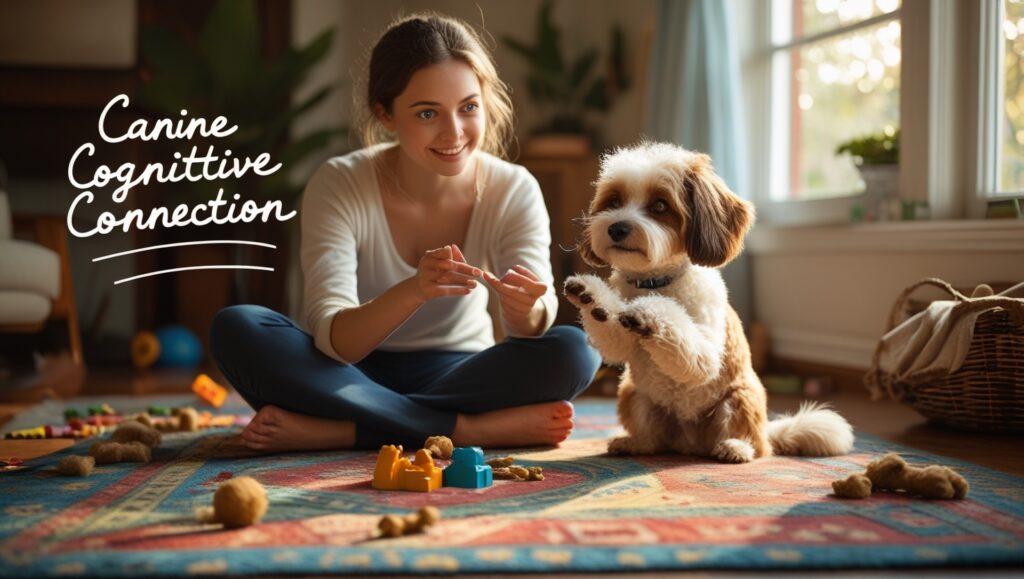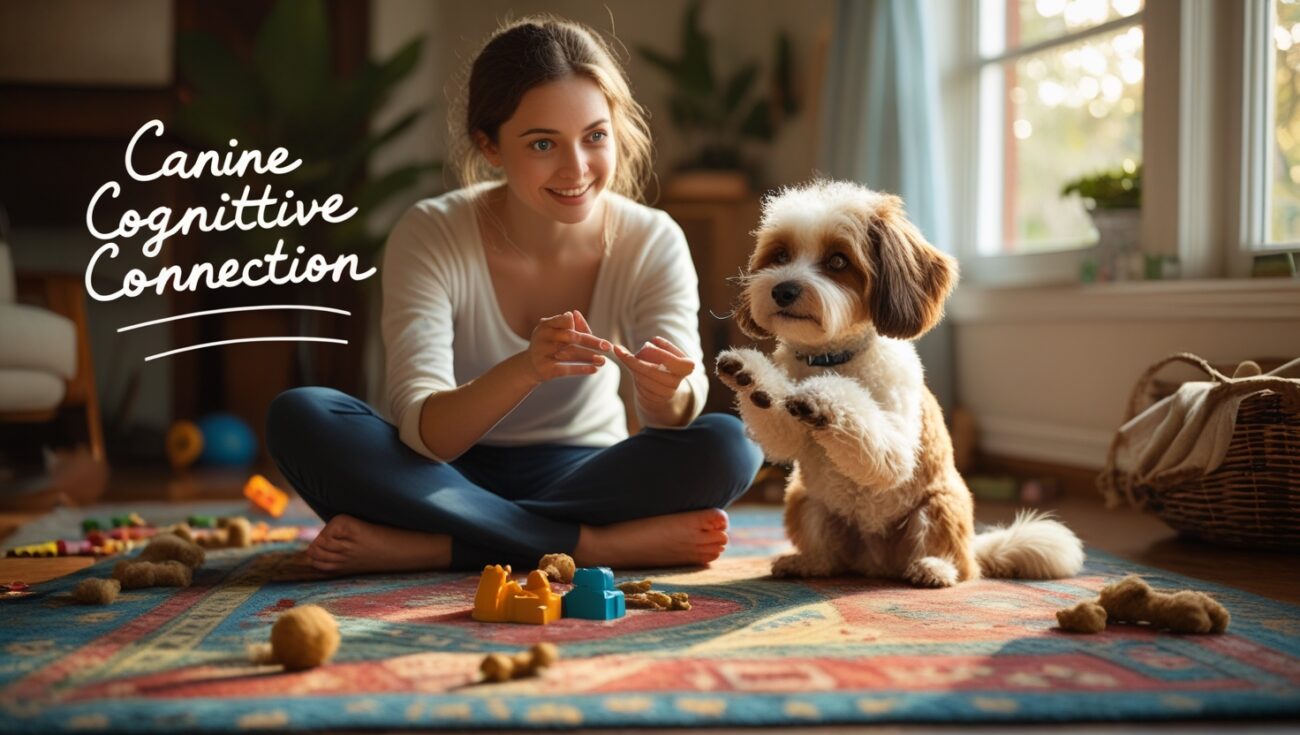Training a Small Dog Using Brain Games
When I first brought home my small dog, I thought training would be simple — after all, how much trouble could a little dog get into? Well, it didn’t take long to realize that small dogs can be just as smart, stubborn, and full of energy as their bigger cousins. What finally made the biggest difference for us was adding the right brain games to our training routine.
In this post, I’ll share exactly how I started training my small dog using brain games — and how this simple shift helped improve her focus, manners, and behavior. If you want the full brain training program that worked for us, here’s my personal link:
Brain Training for Dogs — Click here to check it out

Table of Contents
Why Small Dogs Need Brain Training
It’s easy to underestimate small dogs — but they are often highly intelligent, full of curiosity, and easily bored. Without enough mental stimulation, you might see:
- Excessive barking
- Jumping up
- Clingy or needy behavior
- Overexcitement when meeting people
- Pacing or destructive chewing
- Lack of focus during training
That’s why adding brain games helps so much — it gives their clever little minds the challenges they crave.
The Changes I Saw
After adding brain games into our daily routine:
- My small dog became more focused
- Barking decreased
- She was calmer around guests
- Her “wait” and “stay” commands improved
- She could settle more easily at home
The Games That Worked for Us
1. Focus Games
Getting my dog to look at me on cue was huge — it gave her something positive to do in exciting situations.
2. Impulse Control Games
Teaching “leave it,” “wait,” and polite greetings helped with impulse control — which small dogs really need!
3. Puzzle Feeders
Using puzzle toys made mealtime fun and engaging — great for burning off excess mental energy.
4. Scent Work
Scent games gave my little dog a chance to use her natural instincts and calm her mind.
This is the exact program that guided me step by step through all these games:
Brain Training for Dogs — Full Program Here
The Results
Once I committed to brain games:
- Training sessions became easier and more fun
- My dog learned new skills faster
- She became less reactive in public
- Her overall confidence improved
- Life at home was much calmer!
Final Thoughts
If you have a small dog who’s acting bossy, barky, or stubborn — don’t just try to wear them out physically. Work their mind with the right brain games and you’ll see amazing changes.
For us, this was the program that finally made training “click”:
Brain Training for Dogs — Click here to check it out
Your little dog will LOVE having fun challenges to master — and you’ll love how much calmer, more polite, and more focused they become!
Before I added brain games, I kept trying to tire my little dog out with longer walks and more playtime — but she’d still act hyper and barky at home. It wasn’t her body that needed more — it was her mind.
What surprised me most was how quickly she changed once I started working her brain consistently. After just a week or two of adding mental training, she was calmer, more polite, and way more focused on me.
If you’re wondering how to get started, this is the exact program that gave me everything I needed — step by step:
Brain Training for Dogs — Full Program Here
Another great thing is that brain games fit perfectly into a small dog’s lifestyle — you can do them right in your living room, without needing tons of space.
And because small dogs tend to be super smart, they actually LOVE these challenges — they thrive when you give their brains something fun and positive to do.
Even just 10–15 minutes of brain work each day made a huge difference in my dog’s patience, manners, and ability to settle.
One of my favorite changes? My little dog used to bark like crazy at the door — but after working her focus and impulse control, she learned to stay calm and wait politely.
I also noticed a big improvement in confidence. Small dogs can sometimes be a little nervous or unsure — but when they master brain games, their confidence grows naturally.
And of course, training through positive games helped strengthen our bond — my dog looked to me more for guidance, instead of trying to run the show.
Another great tip? Mix up different types of brain games — puzzle toys, trick training, focus games — to keep your dog interested and engaged.
If your small dog tends to get “bossy” or reactive, this is exactly the kind of mental stimulation that can help:
Brain Training for Dogs — Full Program Here
Now, my dog listens better, reacts calmly to guests, and doesn’t demand attention constantly — because her brain is satisfied.
If you want a calmer, happier, and better-behaved little dog, this is truly the best place to start:
Brain Training for Dogs — Click here to check it out
You’ll be amazed at how fast your small dog can learn patience, focus, and ca
One thing I didn’t expect was how much brain training helped my small dog stay calm in new situations — like visiting friends, going to the vet, or traveling. Instead of getting anxious, she was able to stay focused and relaxed.
If your little dog tends to get overwhelmed or overly excited, this is the exact program that helped us turn things around:
Brain Training for Dogs — Full Program Here
I also noticed that routine brain work helped reduce her attention-seeking behaviors. Instead of barking or whining for me to entertain her, she learned how to relax and entertain herself more calmly.
And since these games are simple, fun, and can be done indoors, they’ve been a great way to keep her mentally balanced even on rainy days when we can’t get outside.
If you want to help your small dog be their best-behaved, happiest self, this is truly the best place to start:
Brain Training for Dogs — Click here to check it out

